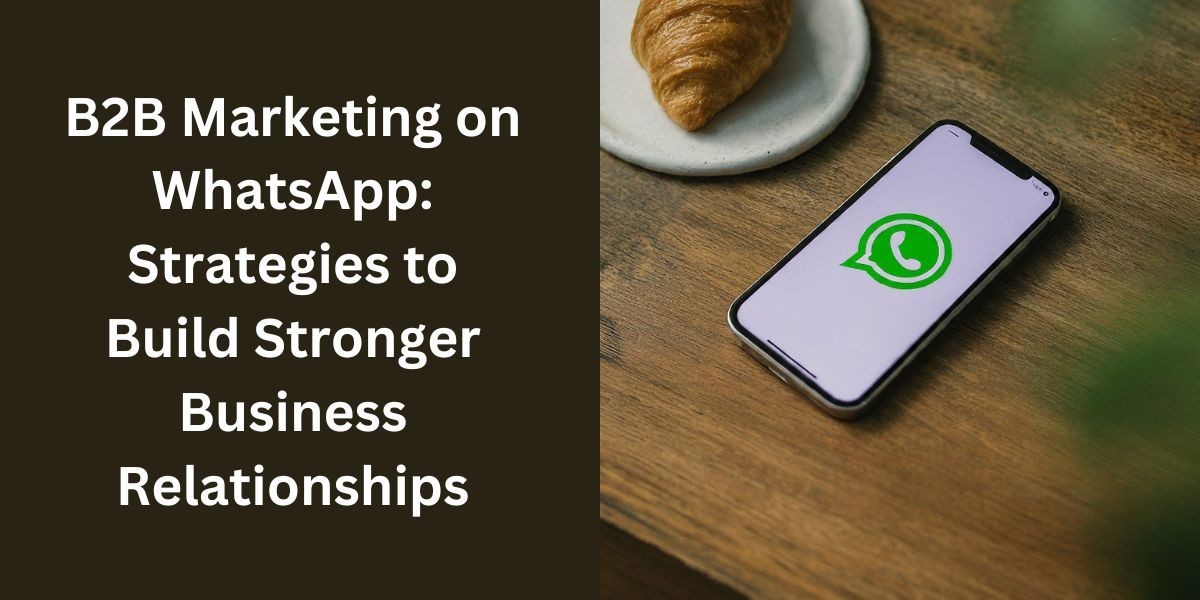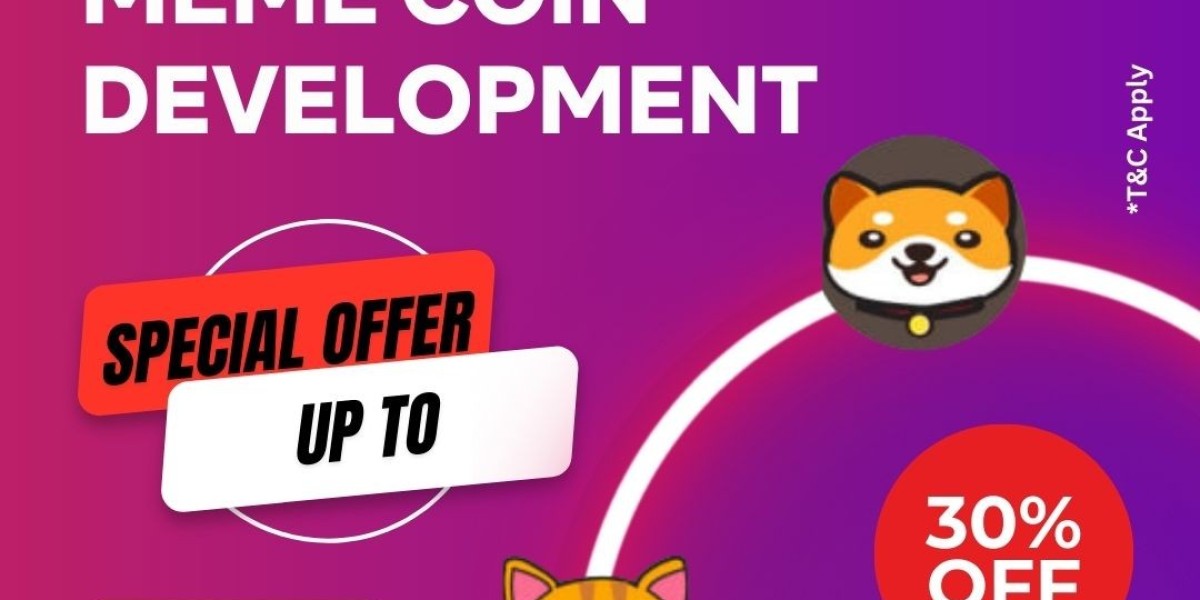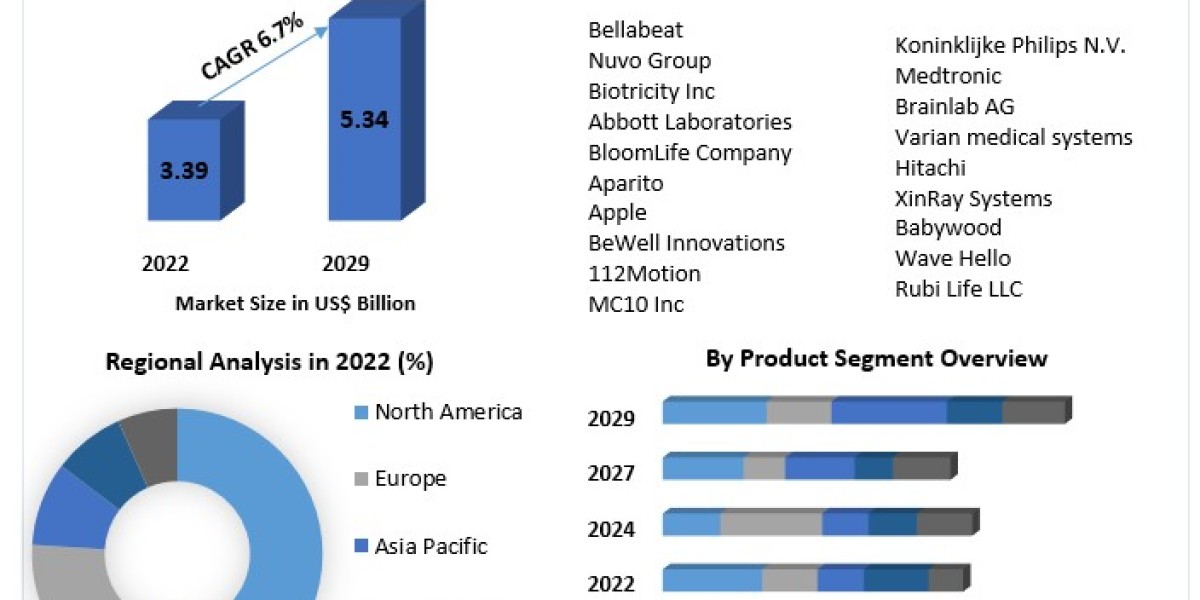In the rapidly evolving world of digital communication, B2B marketing has become more crucial than ever. Businesses need to connect with other businesses in meaningful ways, and one platform that has risen to prominence in this space is WhatsApp. Known for its simplicity and widespread use, WhatsApp offers unique opportunities for businesses to build stronger, more personal relationships with their clients.
Why Choose WhatsApp for B2B Marketing?
Ubiquity and Accessibility
WhatsApp is one of the most widely used messaging platforms globally, with over 2 billion active users. Its ubiquity makes it an ideal choice for businesses looking to reach a broad audience. Moreover, WhatsApp’s accessibility on both mobile and desktop platforms ensures that businesses can connect with their clients anytime, anywhere.
Features That Aid Marketing Efforts
WhatsApp offers a variety of features that can be leveraged for marketing. From text and voice messages to video calls, multimedia sharing, and status updates, these tools can help businesses create rich, engaging content that resonates with their audience.
Comparisons with Other Platforms
Unlike email or SMS marketing, WhatsApp messages are more likely to be read and responded to. Studies show that WhatsApp messages have a significantly higher open rate compared to emails. This immediacy and directness make WhatsApp an effective channel for B2B marketing.
Setting Up Your WhatsApp Business Account
Downloading and Installing the App
The first step in leveraging WhatsApp for B2B marketing is setting up a WhatsApp Business account. The app is available for free download on both Android and iOS platforms.
Creating a Business Profile
Once installed, you can create a business profile with your company’s name, logo, description, contact information, and website link. This profile acts as your digital business card on WhatsApp.
Verifying Your Business
Verification adds credibility to your business. WhatsApp offers a green checkmark for verified accounts, which helps in building trust with your clients.
Building a Targeted Contact List
Collecting Contacts Ethically
It’s crucial to build your contact list ethically. Obtain permission from potential clients before adding them to your list. You can collect contacts through sign-up forms on your website, at events, or through direct inquiries.
Segmenting Your Audience
Segment your audience based on criteria such as industry, location, or business needs. This segmentation allows you to tailor your messages more effectively.
Using Contact Management Tools
Utilize contact management tools to keep your list organized and updated. Tools like CRM systems can help in managing large volumes of contacts efficiently.
Crafting Effective Marketing Messages
Personalization Techniques
Personalize your messages by addressing recipients by their names and referencing their specific business needs or previous interactions with your company. Personalization increases engagement and response rates.
Best Practices for Message Content
Keep your messages concise, clear, and relevant. Use a friendly, conversational tone, and avoid jargon that might confuse the recipient. Including a clear call to action is also essential.
Timing and Frequency
Timing is critical in marketing. Send your messages at times when your audience is likely to be available. Avoid bombarding your contacts with too many messages, as this can lead to annoyance and opt-outs.
Using WhatsApp Broadcast Lists
Creating and Managing Broadcast Lists
Broadcast lists allow you to send the same message to multiple contacts without creating a group. This feature is useful for announcements and updates.
Benefits of Broadcast Lists
Broadcast lists ensure that your message reaches all intended recipients simultaneously while keeping individual conversations separate. This method is less intrusive than group messages.
Case Studies of Successful Campaigns
Many businesses have successfully used broadcast lists for product launches, event invitations, and customer feedback requests. For example, a software company used broadcast lists to announce a new product feature, resulting in a 30% increase in user engagement.
Leveraging WhatsApp Groups for Engagement
Creating and Moderating Groups
WhatsApp groups can be a powerful tool for fostering community and engagement. Create groups for different segments of your audience and actively moderate discussions to keep them on topic and respectful.
Engaging Group Members
Encourage participation by asking questions, sharing valuable content, and responding promptly to queries. Use polls and surveys to gather feedback and insights from group members.
Handling Negative Feedback
Address negative feedback professionally and constructively. Show empathy, provide solutions, and follow up to ensure the issue is resolved. This approach can turn a negative experience into a positive one.
Utilizing WhatsApp Status for Marketing
What is WhatsApp Status?
WhatsApp Status is a feature that allows you to share text, photos, videos, and GIFs that disappear after 24 hours. It’s similar to Instagram Stories and can be used for timely updates.
Creative Ideas for Status Updates
Share behind-the-scenes content, product demos, customer testimonials, and special offers. Use eye-catching visuals and compelling captions to grab attention.
Measuring the Impact
Track the views and interactions on your status updates to gauge their effectiveness. Use this data to refine your content strategy.
Customer Support via WhatsApp
Setting Up Customer Support
WhatsApp can be an excellent platform for providing customer support. Set up a dedicated support number and promote it through your website and other channels.
Automating Responses
Use automated responses to handle common queries and provide instant replies. For more complex issues, ensure that a human agent can take over the conversation.
Live Support Best Practices
Provide timely and helpful responses. Train your support team to handle inquiries professionally and empathetically. Use multimedia features to share instructions and solutions.
Integrating WhatsApp with Other Marketing Tools
CRM Integration
Integrate WhatsApp with your CRM system to keep track of interactions and maintain a comprehensive customer profile. This integration helps in personalizing future communications.
Using Bots and Automation
Implement bots to handle routine tasks such as appointment scheduling and order tracking. Automation can save time and ensure consistency in your communications.
Analytics and Tracking
Use analytics tools to monitor your WhatsApp marketing efforts. Track metrics like message open rates, response times, and customer satisfaction to measure success.
Creating a WhatsApp Marketing Strategy
Defining Your Goals
Set clear objectives for your WhatsApp marketing strategy campaign. Whether it’s increasing engagement, driving sales, or enhancing customer support, having defined goals will guide your efforts.
Developing a Content Plan
Create a content plan that outlines the type of messages you’ll send, the frequency, and the intended audience. Plan for a mix of promotional, informational, and interactive content.
Setting KPIs and Metrics
Establish key performance indicators (KPIs) to measure the success of your campaign. Metrics such as message open rates, click-through rates, and customer feedback are essential for evaluating performance.
Case Studies of B2B Success on WhatsApp
Industry-Specific Examples
Several industries have seen success with WhatsApp marketing. For instance, a B2B tech company used WhatsApp to send product updates and received a 40% higher response rate compared to email campaigns.
Lessons Learned
These case studies highlight the importance of personalization, timely communication, and active engagement. They also emphasize the need to adapt strategies based on customer feedback.
Replicating Success
To replicate success, focus on understanding your audience, providing value, and continuously refining your approach based on performance data and feedback.
Challenges and How to Overcome Them
Privacy Concerns
Ensure compliance with data protection regulations and respect the privacy of your contacts. Obtain explicit consent before adding contacts to your list and provide an easy opt-out option.
Managing Spam
Avoid sending unsolicited messages and adhere to WhatsApp’s policies to prevent being flagged as spam. Quality over quantity is key to maintaining a positive reputation.
Technical Issues
Stay updated with WhatsApp’s features and updates to avoid technical glitches. Regularly test your messages and automation systems to ensure they function smoothly.
Future Trends in WhatsApp B2B Marketing
AI and Automation
Artificial intelligence and automation are set to play a significant role in the future of WhatsApp marketing. Bots will become more sophisticated, providing advanced customer interactions.
Enhanced Security Features
As privacy concerns grow, WhatsApp is likely to introduce more robust security features to protect user data. Staying informed about these updates will be crucial.
Expanding Global Reach
WhatsApp’s global presence means businesses can reach international clients easily. Tailoring your messages to different cultural contexts will be essential for global marketing success.
Conclusion
WhatsApp offers a versatile and effective platform for B2B marketing. Its features allow businesses to create personalized, engaging, and timely communications that build stronger relationships with clients.








